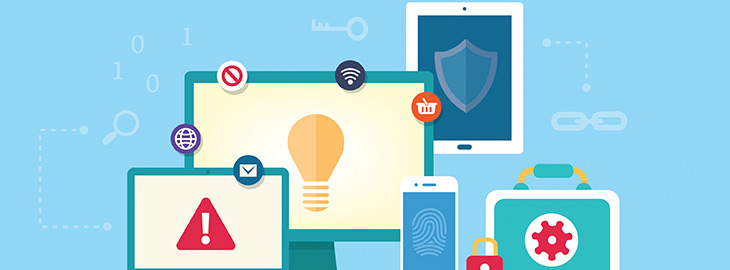
This post was originally published on Entrepreneur.
So many entrepreneurs don’t invest heavily in IT infrastructure security upfront. It may be an afterthought during startup mode but a lack of security becomes a problem as the business accelerates. Trying to enhance security after core business processes have already been established is extremely difficult.
Startups should incorporate security into their IT infrastructures from inception, then work to maintain those levels of security as the companies and customer bases grow.
There are a number of ways to approach issues before they become problems:
1. Access Management
Strive for accountability and proper authentication of key systems. Early on, granting the CEO access to everything might make sense but later, powerful access to unnecessary accounts creates a larger attack surface and greater risk.
Additionally, key system processing shouldn’t be set up under accounts used for other aspects of the business. When accounts are set up for communication and interface between systems, they should be restricted from end-user login. The inability to manage who has access to generic accounts is one of the most common challenge to correct when trying to meet future compliance requirements.
2. Change Control
Changes must be documented, tested and quality assurance-tested prior to being released into production environments. Thinking through a proper workflow before promoting changes is imperative to creating a sound development culture. Future changes and feature requirements can’t be predicted, but documentation of the requirements to be released can be controlled.
3. Partner With a Third Party for Assessment
Some startups have live customer data but are unsure how laws regarding sensitive data apply to them. Partnering with a third party upfront to do an overall assessment is a useful strategy.
4. Stay Focused on the Process
Learning to identify processes while putting out fires leads some startups to believe they’re agile and can simply listen to customers and adapt to their needs. But security has to be considered when pushing a new product out — which entails developing processes around the three areas mentioned above.
5. Give Customers a Reason to Trust You
When working on products or services, entrepreneurs should keep exciting new features in mind, as well as their customers’ concerns, especially the integrity of information the startup has been entrusted with (e.g., addresses, credit cards and other personally identifiable information).
To ensure that a startup’s rapid growth remains sustainable, entrepreneurs need to know exactly where sensitive information is stored and maintained and have a system in place to protect it at every stage of a startup’s lifecycle. Laying a strong foundation of security as the base of every project allows for boundless evolution with far less risk.


